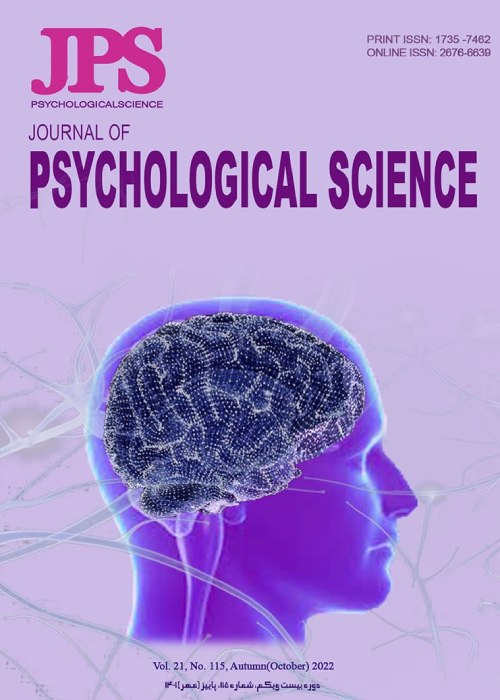The efficacy of the "philosophy for children" program by enriching digital technologies on cognitive distortions and perceived competence of orphaned and abused male children
Cognitive distortions and perceived competence play an important role in children's mental health. However, a limited number of interventional studies have been conducted on reducing cognitive distortions and improving perceived competence. Moreover, the effect of "Philosophy for Children" program on reducing cognitive distortions and improving the perceived competence (cognitive, social and physical) of orphaned and abused male children has received scant attention.
Current study sought to examine how the employment of "Philosophy for Children" program through enriching digital technologies affects cognitive distortions and perceived competence (cognitive, social and physical) of orphaned and abused male children.
The design of the present study was quasi-experimental with pre-test and post-test with a control group. The statistical population of the study consisted of all 10-12 years old boys living in Azna Welfare organization in the fall of 1399. Thirty children were selected by purposive sampling method. They were randomly divided into experimental (n = 15) and control (n = 15) groups. The experimental group had 8 sessions with90-minutes (two sessions per week) of educational intervention (Five-volume collection of porsando, Ghaedi, 2019) but the control group did not receive any intervention. Participants were assessed with the Cognitive Distortion Questionnaire (Abdullah Zadeh and Salar, 2010) and Competence Perception (Harter, 1985) in the pre- and post-test. Data were analyzed using multivariate analysis of covariance.
The findings revealed that there was a significant difference between the experimental and control groups (P <0.05). Therefore, the findings of this study, in line with other studies, support the efficacy of using digital technologies in the "philosophy for children" program in reducing cognitive distortions and improving perceived competence (cognitive, social and physical, respectively) of children.
It can be concluded that the "philosophy for children" program through enriching digital technologies not only can be in line with one of the major goals of the fundamental reform document of education: advantageous use of new technologies in the formal public education system according to Islamic standard system but also can be used as a suitable intervention tool to reduce cognitive distortions and improve the perceived competence of orphaned and abused male children


